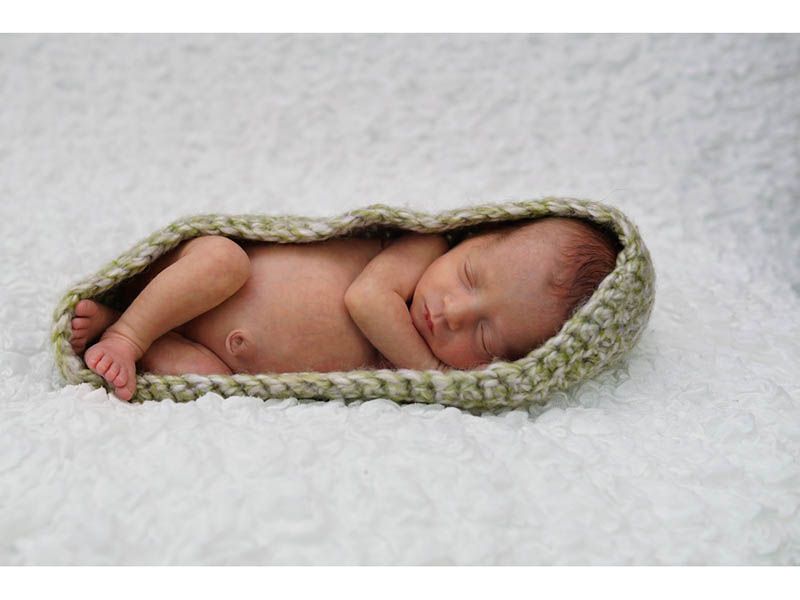Children conceived by assisted reproduction technology grow more rapidly after birth; height, weight similar to those naturally conceived by 17
TUESDAY, Feb. 23, 2021 (HealthDay News) — Children conceived by assisted reproduction technology (ART) are shorter and lighter at birth than those conceived naturally, but have similar height and weight by age 17 years, according to a study published online Feb. 17 in Human Reproduction.
Maria C. Magnus, Ph.D., from the Norwegian Institute of Public Health in Oslo, and colleagues conducted a prospective study involving 81,461 children from the Norwegian Mother, Father, and Child Cohort Study and 544,113 adolescents screened for military conscription to examine the growth pattern of children conceived by ART versus naturally conceived children.
The researchers found that children conceived by ART were shorter (boys, −0.3 cm; girls, −0.4 cm) and lighter (boys, −113 g; girls, −107 g) at birth. Children conceived by ART grew more rapidly after birth, achieving greater height and weight at age 3 years. Greater height up to age 7 years was seen for children conceived by ART, but height and weight were no greater by age 17 years. Growth patterns similar to ART children were seen for naturally conceived children of parents taking a longer time to conceive. Larger ultrasound measures were seen for children born after frozen embryo transfer, and they were longer and heavier in the first two years compared with those born after fresh embryo transfer.
“The fact that we observed no differences in height, weight, or body mass index between ART and naturally conceived offspring at age 17 is reassuring,” Magnus said in a statement.
Copyright © 2020 HealthDay. All rights reserved.








